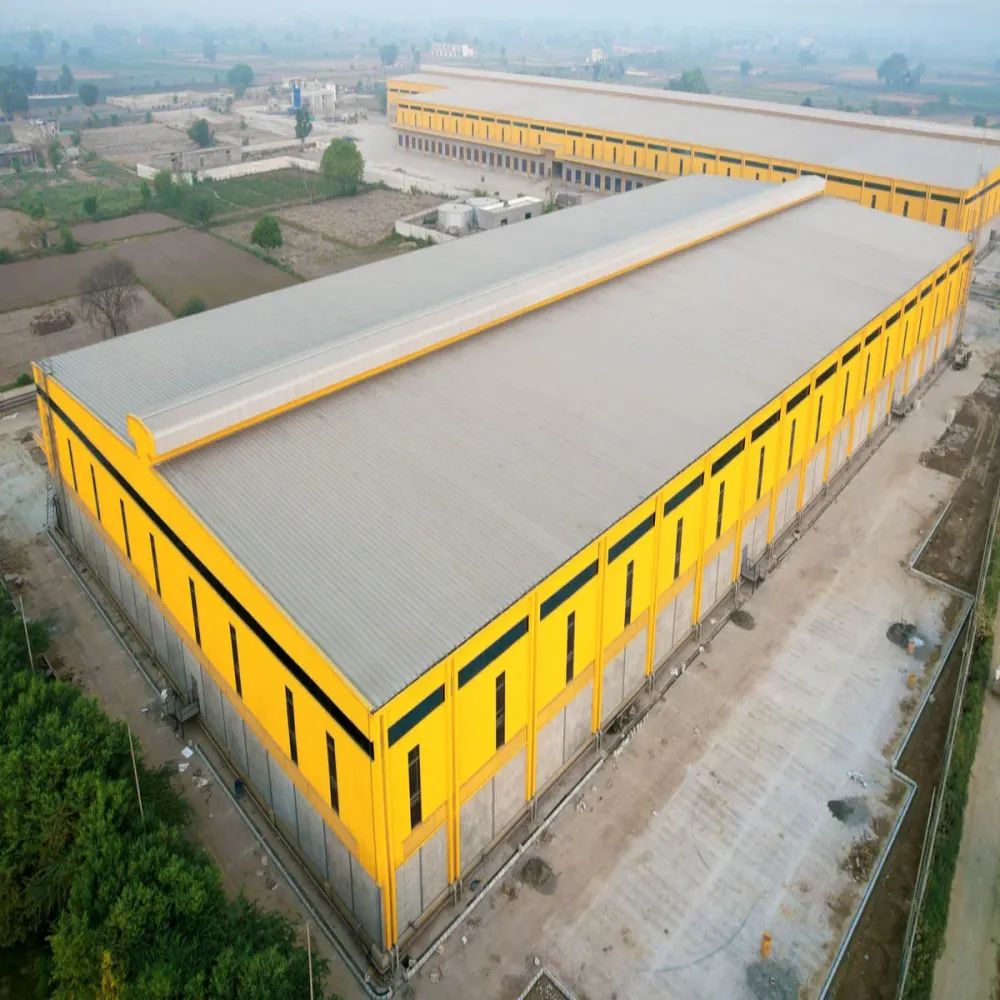- Afrikaans
- Albanian
- Amharic
- Arabic
- Armenian
- Azerbaijani
- Basque
- Belarusian
- Bengali
- Bosnian
- Bulgarian
- Catalan
- Cebuano
- Corsican
- Croatian
- Czech
- Danish
- Dutch
- English
- Esperanto
- Estonian
- Finnish
- French
- Frisian
- Galician
- Georgian
- German
- Greek
- Gujarati
- Haitian Creole
- hausa
- hawaiian
- Hebrew
- Hindi
- Miao
- Hungarian
- Icelandic
- igbo
- Indonesian
- irish
- Italian
- Japanese
- Javanese
- Kannada
- kazakh
- Khmer
- Rwandese
- Korean
- Kurdish
- Kyrgyz
- Lao
- Latin
- Latvian
- Lithuanian
- Luxembourgish
- Macedonian
- Malgashi
- Malay
- Malayalam
- Maltese
- Maori
- Marathi
- Mongolian
- Myanmar
- Nepali
- Norwegian
- Norwegian
- Occitan
- Pashto
- Persian
- Polish
- Portuguese
- Punjabi
- Romanian
- Russian
- Samoan
- Scottish Gaelic
- Serbian
- Sesotho
- Shona
- Sindhi
- Sinhala
- Slovak
- Slovenian
- Somali
- Spanish
- Sundanese
- Swahili
- Swedish
- Tagalog
- Tajik
- Tamil
- Tatar
- Telugu
- Thai
- Turkish
- Turkmen
- Ukrainian
- Urdu
- Uighur
- Uzbek
- Vietnamese
- Welsh
- Bantu
- Yiddish
- Yoruba
- Zulu
Oct . 10, 2024 12:28 Back to list
The Steel Workshop A Crucible of Creation and Innovation
In the heart of industrial landscapes across the globe, steel workshops stand as monuments to human ingenuity and resilience. These workshops, often bustling with activity, are places where raw materials are transformed into robust structures, tools, and components that underpin modern civilization. This article delves into the intricacies of steel workshops, exploring their operations, significance in various industries, safety measures, and the future of steel manufacturing.
The Operations Within a Steel Workshop
A steel workshop encompasses a variety of activities, from the initial processing of raw steel to the fabrication of finished products. The journey begins with steel in the form of ingots or billets, which are heated and shaped through processes such as forging, rolling, and extrusion. Each of these processes requires specialized equipment and skilled labor, with workers often using tools like hammers, plasma cutters, and welding machines to craft the final products.
Quality control is paramount in a steel workshop. Every piece produced undergoes rigorous testing for strength, durability, and compliance with industry standards. This attention to detail ensures that the steel components meet the demands of their intended applications, whether in construction, automotive, or aerospace industries.
Furthermore, the workshop is often divided into various sections, each dedicated to specific tasks. For example, one section might focus on cutting and shaping large plates of steel, while another may specialize in welding smaller components together. The division of labor not only increases efficiency but also allows for the development of expertise in particular techniques, enhancing the overall quality of the finished products.
The Significance of Steel Workshops
Steel workshops play a crucial role in the economy. They are integral to sectors such as construction, transportation, and manufacturing, providing vital inputs for infrastructure development, vehicle manufacturing, and machinery production. The versatility of steel allows it to be used in a myriad of applications, ranging from skyscrapers and bridges to household appliances.
Moreover, steel workshops contribute to job creation and local economies. Skilled laborers, engineers, and administrative staff find employment in these facilities, supporting families and communities. The ripple effect of a flourishing steel workshop can be seen through increased demand for services and goods in the surrounding areas, further stimulating economic activity.
steel work shop

Safety Measures in Steel Workshops
Despite the importance and potential of steel workshops, they are not without hazards. The heavy machinery, high temperatures, and sharp tools mean that safety is a top priority. Steel workshops implement comprehensive safety protocols to protect workers from injuries and accidents.
Workers are provided with personal protective equipment (PPE) such as helmets, gloves, and eye protection. Regular training sessions on safe operating procedures are conducted to educate employees about potential risks and emergency response measures. The cultivation of a safety-centric culture is essential, where employees feel empowered to report unsafe conditions and practices without fear of reprisal.
The Future of Steel Manufacturing
The steel industry is on the brink of a significant transformation. With the advent of new technologies, such as automation and artificial intelligence, steel workshops are becoming more efficient and sustainable. Robotics can handle repetitive tasks, allowing human workers to focus on more complex problem-solving activities. This shift is increasing productivity while also addressing labor shortages in many regions.
In addition to technological advancements, sustainability is increasingly becoming a focal point for the steel industry. Efforts are underway to reduce carbon emissions associated with steel manufacturing, particularly through the introduction of electric arc furnaces and improved recycling processes. As the world moves toward greener practices, steel workshops are adapting to meet the demand for more eco-friendly production methods.
Conclusion
Steel workshops are crucial components of our industrial ecosystem, acting as hubs of innovation and craftsmanship. As they evolve through technological advancements and a commitment to sustainability, they will continue to shape the future of industries worldwide. The resilience of the steel workshop, much like the materials it produces, lies in its ability to adapt and thrive in an ever-changing environment, ensuring its place at the heart of modern infrastructure and economy.
-
How Do Prefabricated Steel Structures Transform Modern Construction?
NewsJul.14,2025
-
How Do Prefabricated Metal Buildings Redefine Modern Construction?
NewsJul.14,2025
-
How Do Prefab Insulated Metal Buildings and Steel Structures Revolutionize Modern Construction?
NewsJul.14,2025
-
How Do Pre - Engineered Steel Structures Redefine Modern Construction?
NewsJul.14,2025
-
Advancing Modular Construction with Prefabricated Metal Structures
NewsJul.14,2025
-
Advancing Industrial Infrastructure with Prefabricated Steel Solutions
NewsJul.14,2025
Products categories
Our Latest News
We have a professional design team and an excellent production and construction team.












